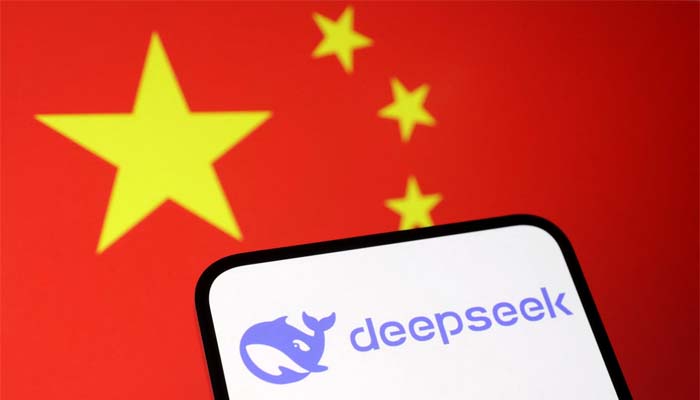DeepSeek to share some AI model code, doubling down on open source
Move comes as Chinese authorities aim to boost scientific, technological innovation in schools, universities
February 21, 2025

Universities across China have launched artificial intelligence (AI) courses this month based on Chinese AI startup DeepSeek, whose AI breakthrough has been described as a "Sputnik moment" for China and garnered widespread attention.
The move comes as Chinese authorities aim to boost scientific and technological innovation in schools and universities that can create new sources of growth for the world's second-largest economy.
DeepSeek, a Hangzhou-based startup, has been showered with praise by Silicon Valley executives and US tech company engineers alike, who say its models DeepSeek-V3 and DeepSeek-R1 are on par with OpenAI and Meta's most advanced models.
Shenzhen University in southern Guangdong province said this week that it was launching an artificial intelligence course based on DeepSeek which would help students learn about key technologies and also on security, privacy, ethics and other challenges it said.
It will "explore how to find a balance between technological innovation and ethical norms."
"Having others follow your innovation gives a great sense of accomplishment," Liang said in July.
"In fact, open source is more of a cultural behaviour than a commercial one, and contributing to it earns us respect" he added.
The newly released open-source code will provide infrastructure to support the AI models that DeepSeek has already publicly shared, building on top of those existing open-source model frameworks.
The announcement came after DeepSeek on Tuesday released a new algorithm called Native Sparse Attention (NSA), designed to make long-context training and inference more efficient.
DeepSeek's user base exploded since last month. In China, it is the most popular chatbot service with 22.2 million daily active users as of January 11, surpassing Douban's 16.95 million users, according to Aicpb.com, a Chinese website that tracks AI products.











